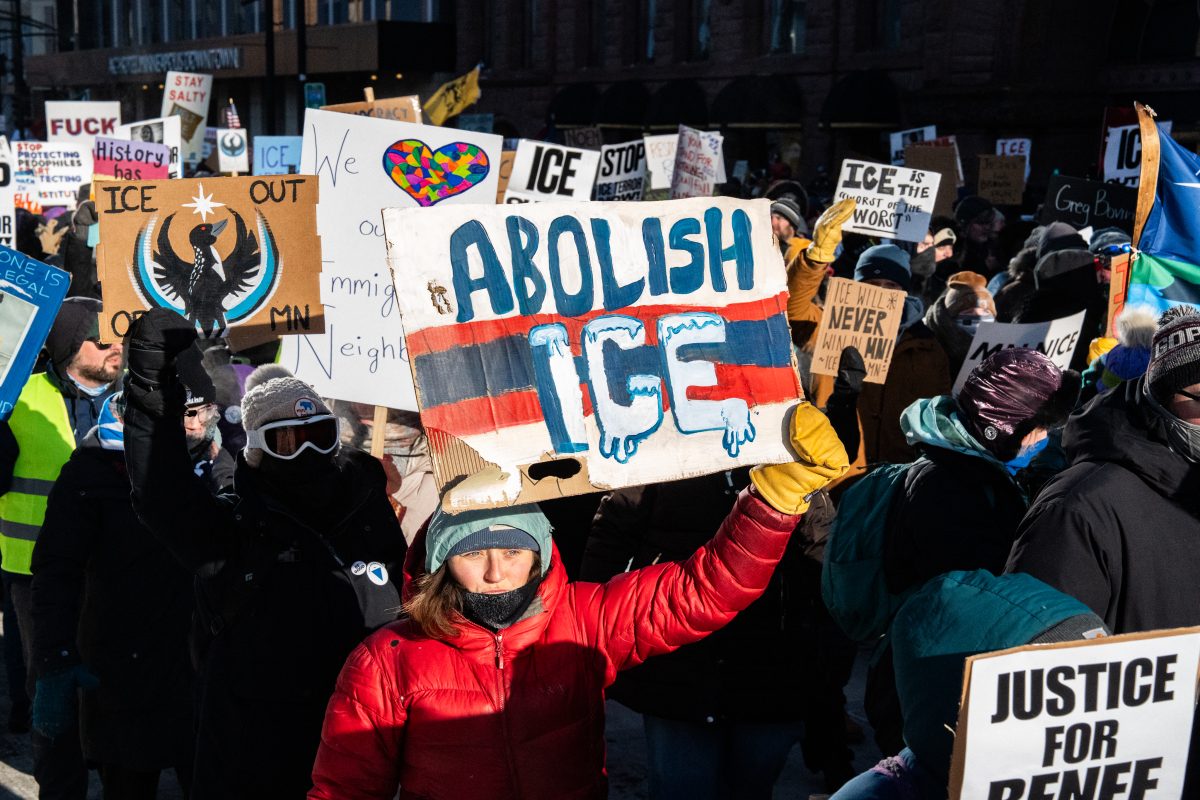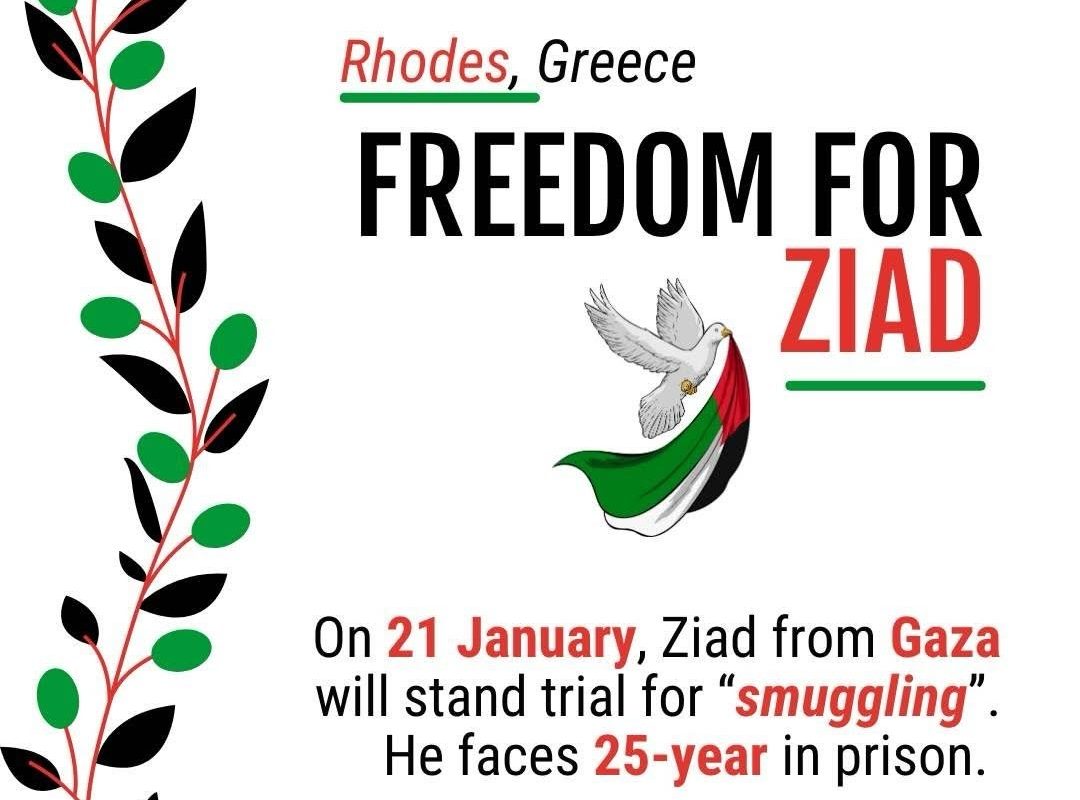Since 2016, Philippine President Rodrigo’s anti-drug policy declared as a ‘war on drugs‘ has resulted in thousands of deaths and ongoing grief. Against the backdrop of the COVID-19 pandemic this has exacerbated a longstanding problem: that of the exhumations of ‘apartment graves‘. As leases expire after five years, it affects victims of the ‘war on drugs’ – which Amnesty International has called a ‘war on the poor‘ with heightened urgency. For this reason, Program Paghilom offers a space for mourning and supports families in acquiring a dignified reburial.
Father Flavie L. Villanueva, SVD, is a missionary priest of the Divine Word and is committed to the psychospiritual support and empowerment of communities affected by the ‘war on drugs’. Since 2016, he has organized Program Paghilom and Kalinga programs that follows the vision of recreating and empowering lives. Kalinga’s program consists of acts of care integrated in a dignified, systemic, and holistic manner.
Thank you very much for your time and efforts, Father Flavie. When did your community rehabilitation program begin?
In 2016, newly elected President Duterte declared his anti-poor drug policy, and the killings began. At first, in the back of my mind, I tried to find a compromise, but by August I was convinced that I had not elected this man. It was the first time in history that we experienced such chaos amidst the so-called “war on drugs”. I am now running the Paghilom program with the inspiration of Kalinga. KALINGA is an acronym and stands for: Kain-Aral-LIgo-naNG-umAyos (Eating, Learning, Bathing, Welfare). It is all DIY. There was no pattern or model for how to feed, wash, and how to care for the widows and orphans of the “war on drugs” in a holistic, dignified, and systematic way.
I believe that there is indeed a drug problem, but it is not the main problem of the country. The drug problem is primarily a health, medical and clinical care issue. But the “war on drugs” is misdiagnosed as a ‘peace and order‘ security problem, where the police are used to killing. If you are going to treat it as a crime problem, please start with the drug cartels and don’t blame the marginalized.
You’ve now already talked about a misdiagnosis of the “war on drugs” as a security problem instead of a health problem. How is police violence related to extrajudicial killings (EJK)?
Definitely, it was the PNP (Philippine National Police) that weaponized the anti-drug task forces of Oplan Double Barrel or Oplan Tokhang. Through them, a culture of killing, as well as an economy of violence and killing, has developed. The military also plays a role, but mainly in the provinces. Perhaps I could add that all of this is a formula of EJK from Davao, from when Mr. Duterte was still mayor, that carried over from the local to the national level.
It is a painful reality that with every person who is shot, a murderer is born. I think even if Duterte was not our president, then the killings would not stop. This is because of the market that this has created, the culture that is embedded in the oral and written order. All this has created a cycle of violence and death that is so deeply embedded in the PNP.
Can you elaborate a bit on how an ‘economy of killings’ has developed?
There is a market for it for people who want someone killed. The police tag a prisoner who is under their care and exploit that prisoner by making them false promises. For example, they say: “if you kill this person, you’ll have a shorter sentence to serve and you’ll be under my protection.” If a murderer told me I was on a drug watch list, he would extort money from me because I want to live. There is something called palit-ulo in Tagalog, a “head swap”. The condition is that I have to point to someone who will exchange my “head.”
Would you say that this is a crude form of corruption that extends to the killings?
It goes further than corruption. Killing has become a business in its own right, a viable product. They have created their own arena with new types of capitalists. This regime blamed the rich people of old, the aristocrats, imperial Manila. They have created their own imperialism and their own capitalist movement themselves. That is why it is so functional, because the lackeys benefit from this political arena.
What civil society aspirations emerged during this period?
Let me try to name some glimmers of hope. First and foremost, we have to acknowledge how the bereaved, mostly widows, are doing their best to respond. How do they draw strength? I think of the stories of widows and orphans who have decided to wake up and get back on their feet, even though they have lost their loved ones and providers. They pick up trash for a fraction of a dollar to put food on the table. I think of the orphan who lost his parents before his own eyes and provides for his siblings.
I see in these stories a reason for hope, because justice is beginning to take shape. I will not define justice simply as a victory in court. Justice, to me, means seeing these widows heal every day and carry on despite their pain; seeing children and single parents bring about social change in their communities. The only way to respond to this evil is to join hands.
What are the difficulties of exhuming graves of those affected by the “war on drugs”?
It will be important to document the exhumations because it is history in the making. First of all, why cannot a person be given a permanent burial, to begin with? Why do they have to rent so-called apartment graves? This is about poverty as a social sin, which becomes paramount in the issue of extrajudicial killings.
Second would be the stigma, so we have difficulties letting people know that it is the body of a former victim of the ‘war on drugs.’ Another issue would be sometimes the lack of understanding towards cremations of the families themselves. For some, it is better to put their loved ones into a sack when the lease on the grave expires rather than to have them cremated and buried in a dignified place.
There is also a lack of interest from people who do not want to participate in this endeavor, due to safety concerns and pandemic guidelines. The final issue is the cost of cremation, which costs PhP35,000. This includes the permits, documents, and transportation. The urn accounts for another PhP10,000, to which the fee for transferring the ashes is added in the meantime.
What was it like for you to accompany those involved in the exhumations?
It’s like reliving the memory of the dead, which continues to be painful for the bereaved and leaves even deeper wounds. From the grave, however, there could also be some forms of liberation of the truth, as well as coming to terms with the traumas, healing, and hope for an end to this. What happens to them is, as I say, an experience of liberating truth in the midst of pain. Inevitably, there is also the relived experience of killing.
Nevertheless, is there such a thing as postmortem dignity in these cases?
Human dignity is something that is innate, if you put it in Christian terms – imago dei – image of God, respect. When you talk about respect, you have to include two words: Truth and Justice. Poverty pushes the victims of the drug war to a level of discrimination, even treating them like commodities. We respond by opting for a more expensive but more dignified way of treating the body: A real cremation, rather than simply putting them in a bag and to be placed on an anonymous pile of bones.
A personal form of this is how the relatives experience it before their own eyes, how they come to the acceptance that helps them to find peace. They become agents of social change in their community. The experience of viewing their loved ones like this may be seen by others as retraumatizing, but we take this experience and process it together.
What does solidarity mean to you?
Solidarity comes with a fraction of a whole. Solidarity is not limited to taking to the streets. Solidarity means making the voice of reason, the voice of one’s conscience, heard, and submitting to it even if the position to be advocated for goes against the tide. The weakest form of solidarity is the donation, when it is reduced to charity. Solidarity in action means being unpopular, being ridiculed. I say it in Tagalog:
Mangahas tayong magsalita kahit tayo ay babatikusin.
Mangahas tayong tumindig kahit tayo’y papaluhurin-
Mangahas tayong lumuhod at manalangin kahit ang langit ay mistulang takip-silim.
Mangahas tayong umabot, makiramay, lumuha
sapagkat ang bawat luha ay panghilamos ng Maykapal.
[Let us dare to speak even if we are mocked. Let us dare to (resist) standing even if we are bowed down. Let us dare to kneel and pray even when the sky seems to be dimming. Let us dare to reach out, to sympathize, to weep, for every tear reveals the face of God .]
It means risking something, taking a stand, a transition from a passive, selfish state to a more empathetic, engaged, and empowered stand.
RESBAK (Respond and Break the Silence Against the Killings) is among the organizations at the forefront of raising awareness about the ongoing harm of extrajudicial killings in the Philippines. RESBAK is composed of artists, academics, and community members affected by the drug war. To support grieving families affected by the drug war, RESBAK and Program Paghilom opened a fundraising campaign for those looking to extend their pakikiramay. Your donations will at least grant victims of an unjust war a final resting place. Donors can send cash donations for the fund via Paypal, GoGetFunding, or GCash 09150172703. To receive updates on RESBAK’s projects, please subscribe to their social media page.




